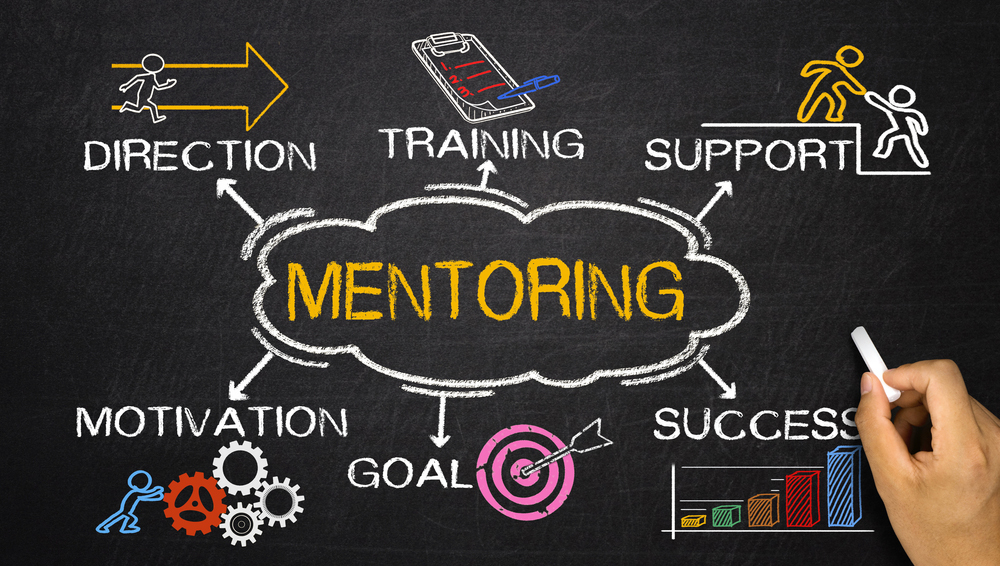Many companies use mentorship or “buddy” programs to help with onboarding efforts or as part of the employee development plan for the mentee or the junior person in the mentor/buddy relationship.
There can certainly be benefits to the mentor, as well, such as receiving help with relatively routine tasks. The simple appreciation a mentor may feel for being valued enough to serve as a mentor can also be motivating.
These mentorship and buddy programs can also be useful in developing future leaders through the identification and development of leadership skills.
Interest in Leadership
Some companies simply assign a senior staff member to serve as a mentor or a buddy for a new hire. It’s a better practice, however, to seek out volunteers and select those who seem most suitable to the task. It’s not sufficient to have been at the company for a long time and to be aware of policies and culture.
A good mentor is someone who is willing and able to assist with others’ development. People who seek out opportunities to help with that development are often the same people who have an interest in leading teams and helping with staff development on a long-term basis.
Aptitude for Leadership
Having a staff member mentor a new or junior employee is a great way to evaluate his or her potential to serve in a leadership capacity. The employer can observe how the mentor manages time with respect to commitments to the mentee, how effective he or she is at communicating, and how effective he or she is at developing the mentee in general.
Lost Cost of Failure
Finally, from a commitment standpoint, using a mentorship program to evaluate leadership potential is low cost. It’s hard to demote employees, but at the same time, it’s often difficult to know how effective someone will be at managing others until he or she actually does it.
Mentor status provides a temporary means of evaluating some aspects of leadership without making a permanent promotion that would be difficult to reverse.
Asking an employee to mentor a junior employee or assist in the onboarding of a new hire can benefit the mentor as well as the mentee. For the organization, from a time and commitment standpoint, it’s a relatively low-cost means of identifying leadership potential and honing leadership skills compared with promoting someone to a management position and hoping it pans out.
Organizations must be able to objectively measure whether their mentoring program helps them achieve their business and learning goals. Attend the Workforce L&D session “Measuring Mentorship Program Success: How to Ensure that Your Program Aligns with Business and Leadership Development Goals,” during which Guy Lambert of Mentorloop will examine how companies can evaluate the ways in which their mentoring program(s) could be improved to ensure that learning goals are really being reached. Workforce L&D will be taking place during the larger HR World event in Nashville, Tennessee, November 14–15, 2019. Click here to learn more or to register today.


